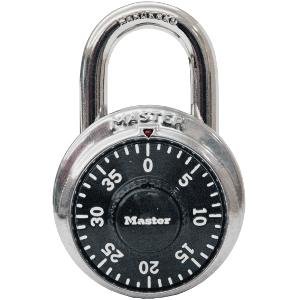
There are a few things that are really hard for me to resist:
A bowl of chips with salsa at a Mexican restaurant.
A cup of coffee.
And last but certainly not least, when my nephews or niece want something. If their Uncle Lance and Nana/Aunty Newy can make it happen, and their parents approve, it is going to happen.
This hasn’t occurred yet but let’s just say they felt the need to make a particular request of us. If they created a presentation with a Power Point, we would think it was cute but not necessary.
All they would need to do is come ask.
Unfortunately, I think we’ve seen prayer approached with that same type of formality. We feel we have to say things just right or else our prayers won’t be answered.
For years, the big craze was “The Prayer of Jabez”. There was a book, keychains, tote bags, etc.. Really, it is simply a prayer of a man nestled in a genealogy chapter.
1 Chronicles 4:10 Jabez called upon the God of Israel, saying, “Oh that you would bless me and enlarge my border, and that your hand might be with me, and that you would keep me from harm so that it might not bring me pain!” And God granted what he asked.
I didn’t read the book itself but I have the devotional and loved it. What concerns me though is when we take something like the prayer of Jabez, and think that the power is tied to those specific words.
When we see “The Lord’s Prayer” in scriptures, Jesus is teaching His disciples to pray and providing it as an example. In the original language (Greek), you discover a couple of really interesting things.
In Matthew’s account, Jesus tells His disciples to “pray like this”. The word “pray” is proseúxomai which means – to exchange wishes; literally, to interact with the Lord by switching human wishes (ideas) for His wishes as He imparts faith.
When we read it in Luke’s gospel, a more direct phrase is used: “When you pray, say…”. In this context, the word “say” in Greek essentially means, “bringing a message to a closure…laying it to rest.” So, it isn’t really what we are saying as much as how. The focus is the posture of our heart in giving the request to God…and leaving it there.
When you look back at other stories in the Old and New Testament, there wasn’t a ritualistic – say it just like this – type of prayer mandated. It has always been demonstrated as a dialogue with God.
Think of Abraham interceding for his nephew, Lot. Moses asking God to spare the children of Israel. The Psalms of David. Hannah weeping bitterly, praying in her heart while moving her lips but not saying a word.
When Jesus was on the cross, He uttered short phrases to His Father…expressing His pain at feeling forsaken and His request for forgiveness of the people who had done this to Him.
Genuine, honest conversations with God. That’s all it takes.
And maybe you’ve had times like I have when there is no conversation to be had because no words will form…you don’t even know what to say. That’s okay too.
“Likewise the Spirit helps us in our weakness. For we do not know what to pray for as we ought, but the Spirit himself intercedes for us with groanings too deep for words.” (Romans 8:26)
Notice what Paul doesn’t say. He doesn’t tell us that we must recite the Lord’s prayer or any other prayer of Jesus, Jabez or the great patriarchs of the Bible. He simply says: the Spirit’s got this…your need is covered.

~Anu




